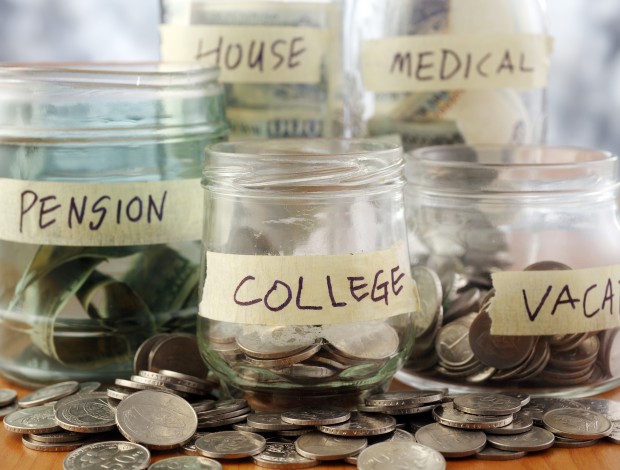How much should you save for renovations and emergencies?

A house is probably the most expensive item you'll ever purchase in your life. Most people plan for the costs of the mortgage, notary fees, moving fees, taxes and other miscellaneous expenses, but it is also important to save money in a fund that will only cover renovations and emergencies - even in the case of a brand-new house.
Luc Monarque, a mortgage financing and development consultant at Desjardins, explains that in the case of a new house, the biggest expense is the dream. "In the case of a new construction, one usually shouldn't have to worry about emergency repairs for at least a few years. However, it is important to anticipate the costs of the renovations and of the extra expenses for years in advance," he says. According to Monarque, people should save for at least three years' worth of renovations.
The consultant also gave us a few tips to help create a realistic and affordable contingency fund.
1. Investigate the contractor. People usually overlook the importance of an in-depth investigation on their contractor. It is a crucial step that can help the buyer avoid many unforeseen expenses in the future. It is especially important to make sure that the contractor is trustworthy in order to ensure that the building can be eligible for the new house warranty.
2. Analyse the construction plan in details. The construction plan allows you to know what is included or not, making it easier to predict any extra or future renovations by knowing what the purchase price of the new construction really offers. Always remember that even new homes require extras!
3. Don't forget the landscaping. Home renovations are important and expensive, but don't neglect the costs related to landscaping. In the world of new constructions, there are usually only a limited number of things included when it comes landscaping... and sometimes none at all! The bill could therefore increase very quickly if you wish to include a garden shed, flowers, trees, etc. Maybe these expenses can wait for now.
4. Plan the contingency fund. If you buy a condo, it is important to not forget the cost of the contingency fund that covers expenses for all repairs and development of the common areas as well as the structure of the building. Unfortunately, this fund is very often undervalued. "During the purchase, one is usually shown the lowest cost possible in order to attract potential buyers, but the bill can get bigger and bigger over time,” Luc Monarque reminds us. It is therefore important to anticipate a possible increase of this expense.
5. Cost of the maintenance of a house. A few other regular or periodic expenses can also add up. For example, you will probably need a lawnmower, basic tools for maintenance and emergencies, a snow-removal contract, etc.
What about the resale market?
According to a survey led by the CIBC Bank last year, half of the Canadians have been touched by an unforeseen situation over the past 12 months that has forced them to borrow money or to dip into their savings. The most common situation? Repairs or important purchases for the house. Something to think about!
As an indication, the Canada Mortgage and Housing Corporation suggests that a home owner should save 5% of his or her net salary in order to anticipate these emergencies. They also recommend inspecting the house regularly and to replace all worn-out components as needed, in order to avoid major repairs in the long run.

Stock images: Shutterstock
Related articles
Most popular articles